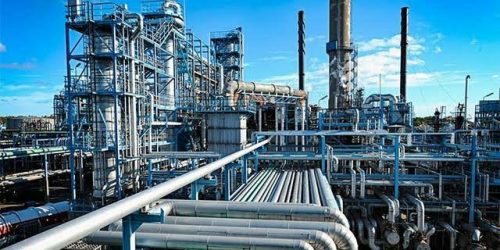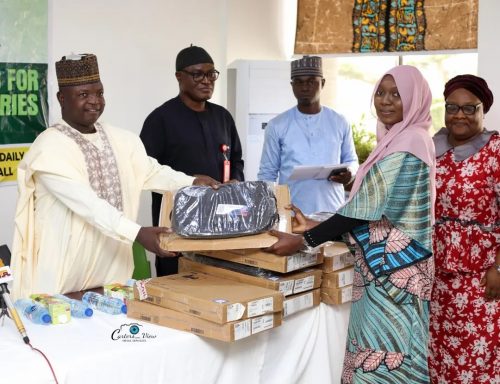In a bid to tackle the challenges posed by fuel importation and its impact on Nigeria’s foreign exchange earnings, the Nigerian Government is renewing its dedication to bolster local refining of petroleum products.
Senator Heineken Lokpobiri, the Minister of State for Petroleum Resources, assured a delegation from the Crude Oil Refineries Owners Association of Nigeria (CORAN) that the government is committed to finding domestic solutions to the issues faced by the sector. He emphasized the government’s intention to provide an enabling environment for their growth.
Acknowledging the critical role the sector plays in Nigeria’s economy, Lokpobiri reiterated that once the petroleum sector thrives, it will substantially reduce the need for petroleum product imports. He emphasized that the government sees CORAN as a partner in advancing the sector.
The Minister outlined plans to collaborate with relevant Ministries, Departments, and Agencies, such as the Federal Ministry of Finance and the Central Bank of Nigeria, to facilitate access to funds.
Lokpobiri encouraged CORAN to explore alternative funding sources available within the country, including the Development Bank, the Bank of Industry, and the African Export-Import Bank. These avenues could provide vital support for their endeavors.
The Chairman of CORAN, Mr. Momoh Oyarekhua, highlighted the association’s primary goal is to elevate local oil refining in Nigeria and promote domestic production of refined products. He stressed that achieving self-sufficiency in oil refining would significantly reduce the need for imported petroleum products.
Oyarekhua pointed out that a substantial portion of Nigeria’s foreign exchange earnings is currently allocated to importing refined petroleum products. He detailed various challenges faced by CORAN, including insufficient crude supply from local producers, multiple charges, and limited access to funding.
To address these issues, Oyarekhua mentioned engagements with key entities like the Nigerian National Petroleum Company Limited (NNPCL) and the Nigerian Upstream Petroleum Regulatory Commission. These discussions aim to streamline the process of obtaining crude and ensure a steady supply for local refineries.
For prospective modular refinery investors, Oyarekhua emphasized the importance of crude guarantees for creditors and financiers. He called on the government to provide support, particularly through a refinery intervention fund, to expand their capacity for producing Premium Motor Spirit (PMS) locally.










